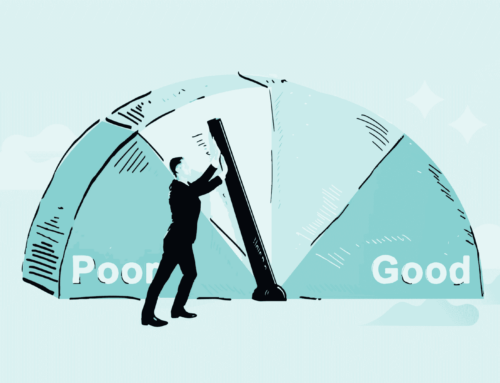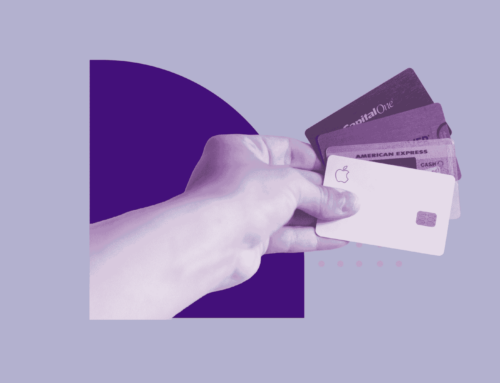As we’ve learned in past blog posts, such as The good, the bad, and the ugly of consumer proposals, a consumer proposal is a step before filing for bankruptcy. Unfortunately, it is often more costly than bankruptcy, both financially and to your credit score, but the choice is usually out of your hands.
Today, we’ll look at the very real monetary consumer proposal cost and its effect on your credit score, which can be as equally costly but not as obvious.
The real cost: What will your consumer proposal cost you financially?
A consumer proposal is a negotiated debt settlement between a Licensed Insolvency Trustee on behalf of the borrower or debtor and the creditor. In order for the creditor to accept the consumer proposal, which they can choose not to, they will want to be paid back more than if you had filed for bankruptcy. That’s why it’s often more costly.
How much the consumer proposal will cost you depends on several factors and every situation is unique. For example, how much income you have and how much extra you would pay if you were to file for bankruptcy. It also depends on who your creditors are and how much money they want to recover. The best-case scenario is that a consumer proposal reduces your principal repayment to 25% of how much you originally owed.
Beyond paying back your consumer proposal debt, the administration fees will cost around $1,500 to file as well as setup fees. Likewise, the insolvency trustee will take 20% of your monthly payments as a management fee.
The hidden cost: What will your consumer proposal cost your credit score?
Consumer proposals instantly drop a credit score to an R7 rating, which denotes a consumer proposal or bankruptcy. This can last on your credit report anywhere from three to eight years after the proposal has been paid off. Why or how does this affect you?
First of all, consumer proposals on your credit report are a public affair. This means that potential employers, business partners, landlords, creditors, and lenders such as major banks can see that you’ve struggled with serious debt—and might not approve rent agreements or loan requests. For example, most banks won’t lend to people in a consumer proposal. This can be challenging if you lack the funds to pay off your monthly consumer proposal payments. Several missed payments mean that you default on it and must file for bankruptcy. And so the debt cycle continues.
Having a bad credit score can be just as expensive, money-wise, as the actual cost of paying off a consumer proposal. This may mean that you have to get an unsustainably high-interest loan or that your boss won’t approve your request for a wage increase or that you can’t get a good credit card interest rate.
All of the negative effects of having bad credit, combined with the cost of a consumer proposal, can be overwhelming and can compile quickly. But, there are ways to get out of the bad debt cycle. There are ways to pay off your consumer proposal immediately and start rebuilding good credit.
Learn more about Marble Financial and how we can help.






